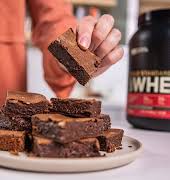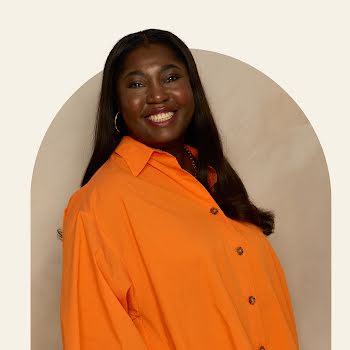
By IMAGE
10th Mar 2017
10th Mar 2017
Are you a member of the cult of over-apologising? Have you fallen into the trap of using sorry as a filler word? Do you have a habit of saying sorry even when you’re trying to help? Are there times when the words ?I am sorry? fall out of your mouth even if the circumstance does not merit the apology?
The mantra goes-
?Sorry, to bother you, but?.
?Sorry, can I get past you, please??
?Sorry, do you have a minute??
?Sorry, I need to grab that.?
?Sorry, can I help you??
?Sorry, let me get that stuff out of the way.?
?Sorry, I didn’t catch that.?
Sorry has become a default word we use too quickly, too frequently and unconsciously to respond to things that are not our fault, are out of our control or otherwise unworthy of an apology. In fact, many of us almost apologise for our presence. The cult of sorry is alive and well. And unfortunately, research shows that women are more likely to be a member of this cult of than men. Just take a second and think about the number of times you said sorry today.
Over apologising can hurt your career!
Don’t get me wrong saying ‘sorry? has its place. Saying sorry is not a sign of weakness. Sorry is an immense word with vast power. When used correctly this single five letter word is so strong it can transform emotions. In fact, when you’re in the wrong it is a sign of confidence and honesty. So if you make a mistake, bump into somebody, cut the queue, knock something down or say something that you didn’t mean, say sorry.
However, when you apologise for entering a room, joining a meeting, taking part in a conversation, sharing your ideas, asking a question, or during other workplace formalities, you compromise yourself. Overuse of that single five lettered word can convey a lack of professional confidence, suggest nervousness and detracts from the clarity of your message. ?Sorry? can lead others to doubt your confidence in your ability and your professional self.
So unless the circumstance demands it, now is your time to replace sorry with a new set of phrases.
Say Thank You!
Swap out ?Sorry? for ?Thank You?, a simple yet powerful tool that helps build professional confidence and develop stronger relationships. By saying ?Thank You? the focus shifts from one in which you diminish your worth, to acknowledging and praising somebody else. Instead of saying ?Sorry I am late?, say ?Thank you for waiting for me?. Rather than saying ?Sorry for annoying you?, say ?Thanks for listening to me?. By saying ?Thank you,? you tap into positive emotions rather than negative.
Try Okay
If you are asked to go back over something, repeat a sentence or give more information about a topic, ?Oh sorry? is often the verbal tic that frames the start of the sentence. Instead say, ?Okay, no problem where would you like me to start? or, ?Okay, is there a particular thing you would like me to repeat or would you like a summary?? Remember when you are asked to repeat or clarify it does not mean you have done something wrong.
No is a complete sentence
Remember, ?No? is a complete sentence. If you need to say ?No?, practice saying ?No? without a list of ?why’s?. Replace, ?Sorry, I can’t stay late tonight, because it’s Monday and I have to ?.? with, ?No, while I would love to help I can’t this time.? You are not rude; rather you are just stating that on this occasion you cannot help out.
Own your mistakes
If you make a mistake, own it. Let’s face it, nobody is perfect, nor should we try to be, and we all make mistakes. Put your hands up and say, ?I made a mistake, but I am going to get it right the next time?, or ?That didn’t work out for me this time, but I know what I will do next time?. Leave out ‘sorry? and use action words to focus your mind on progression and your next task.
Excuse me
When joining a meeting, going to your boss? office, sitting down beside colleagues or entering a conversation, try ?Excuse me? instead of ?Sorry?. Next time you have to pop your head into the boss? office say, ?Hi, excuse me are you ready to meet?. If you’re joining colleagues at lunchtime, instead of saying ?Sorry can I join you?, say ?Excuse me, I’m just getting a coffee would anyone like anything before I join you?? Shift from interruption to a softer introduction that has the same outcome.
Begin the challenge today. Take a mental note of when, where and why you tend to say ?Sorry?. One step at a time take ?Sorry? out of everyday phrases, and begin your exit from the ?cult of sorry?.
By Sinead Brady






















